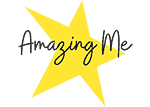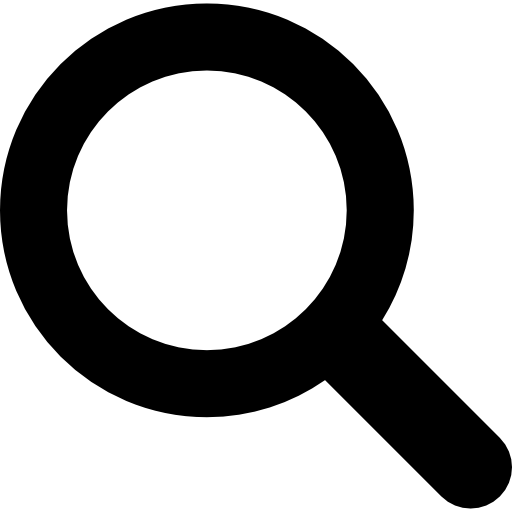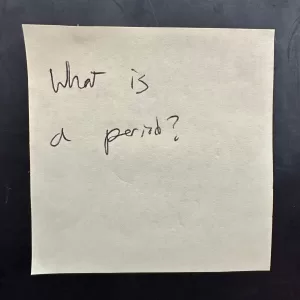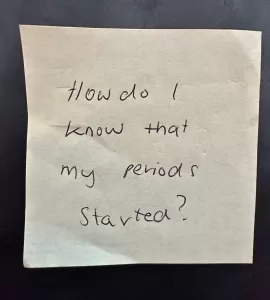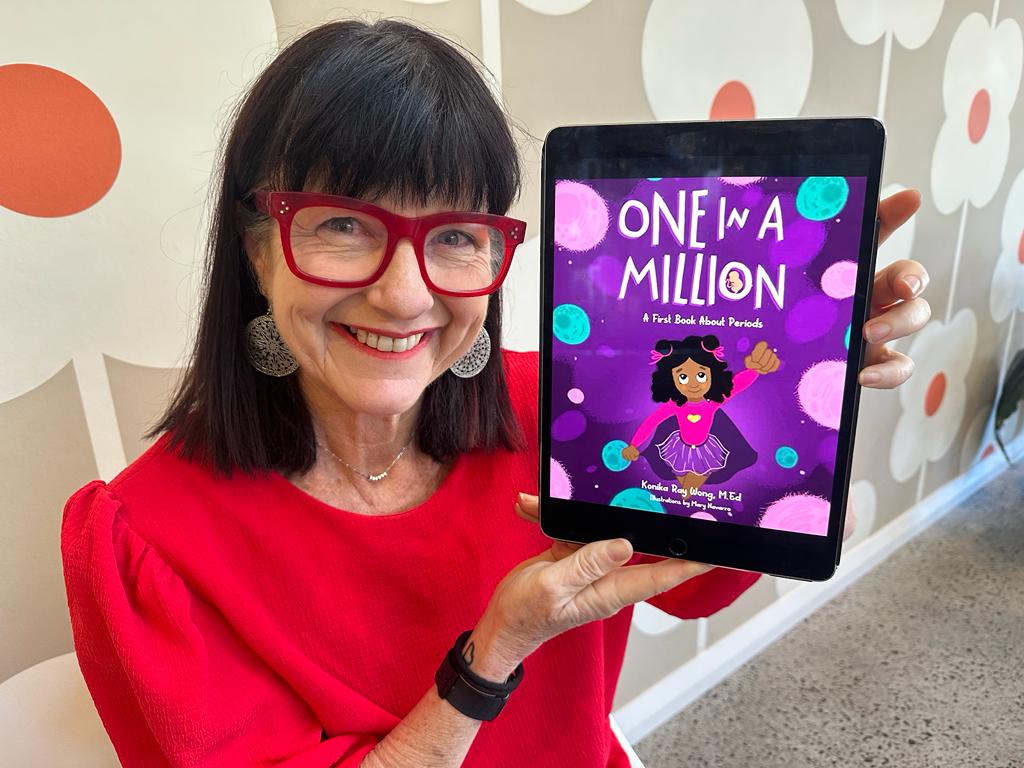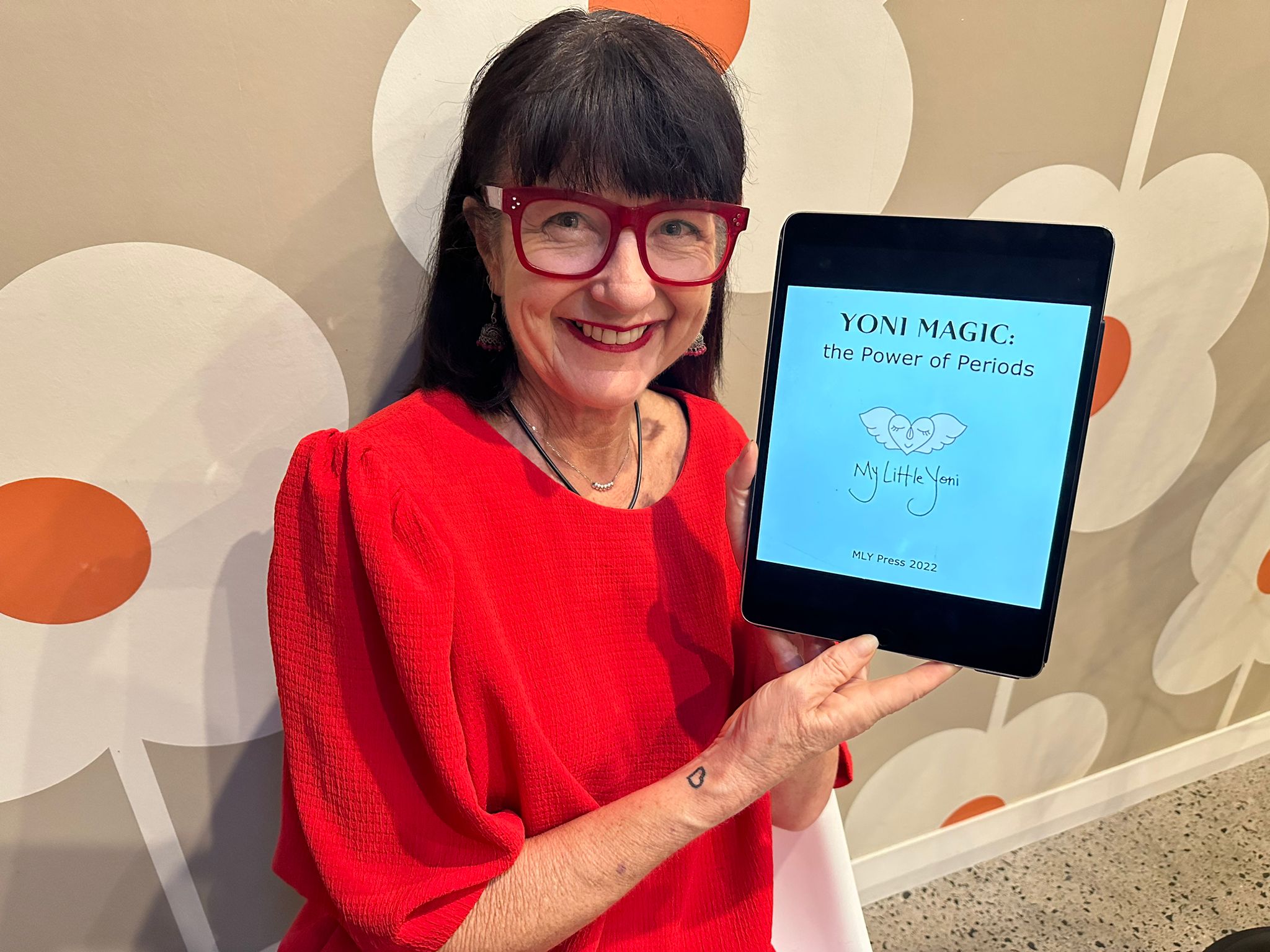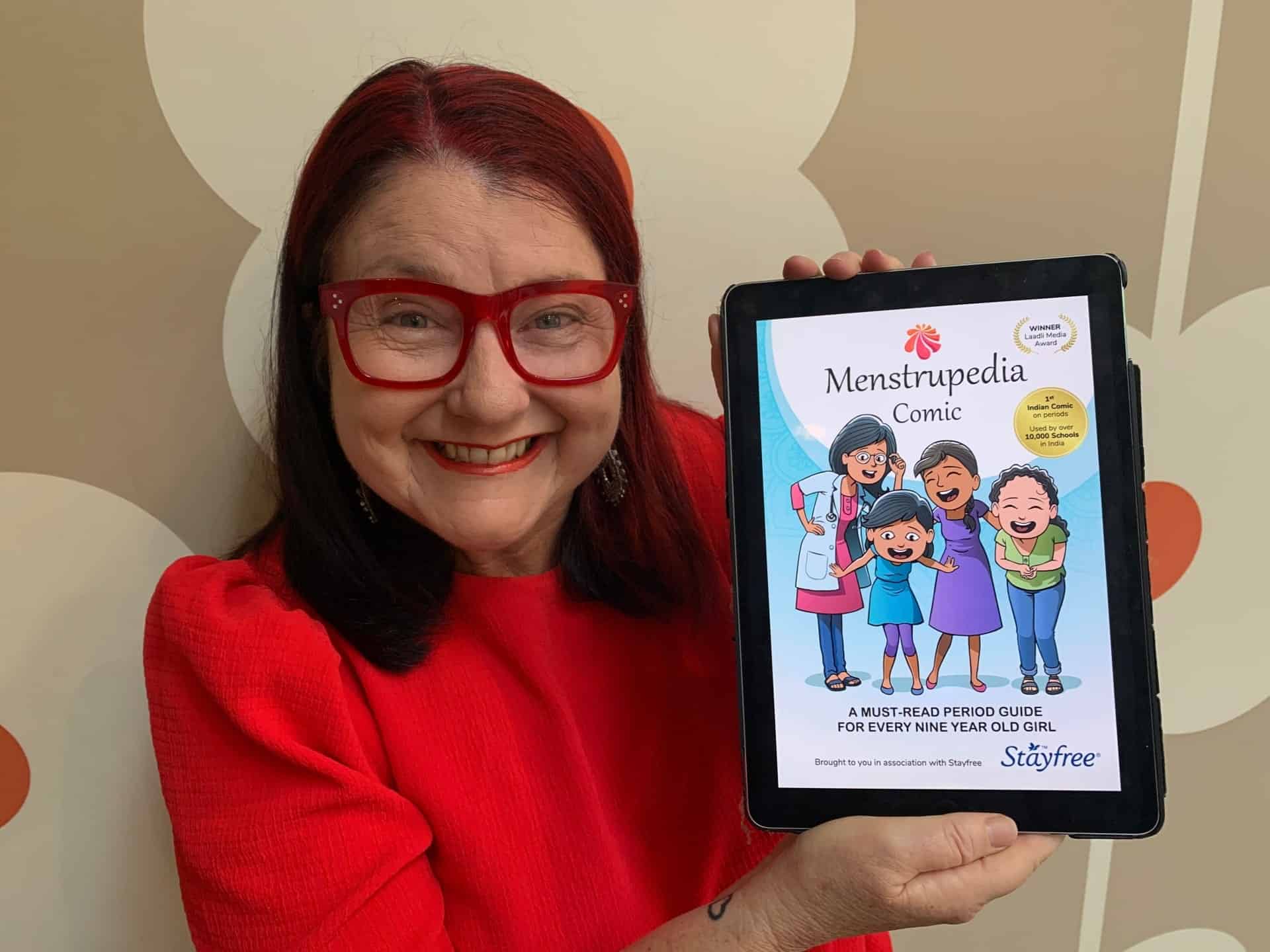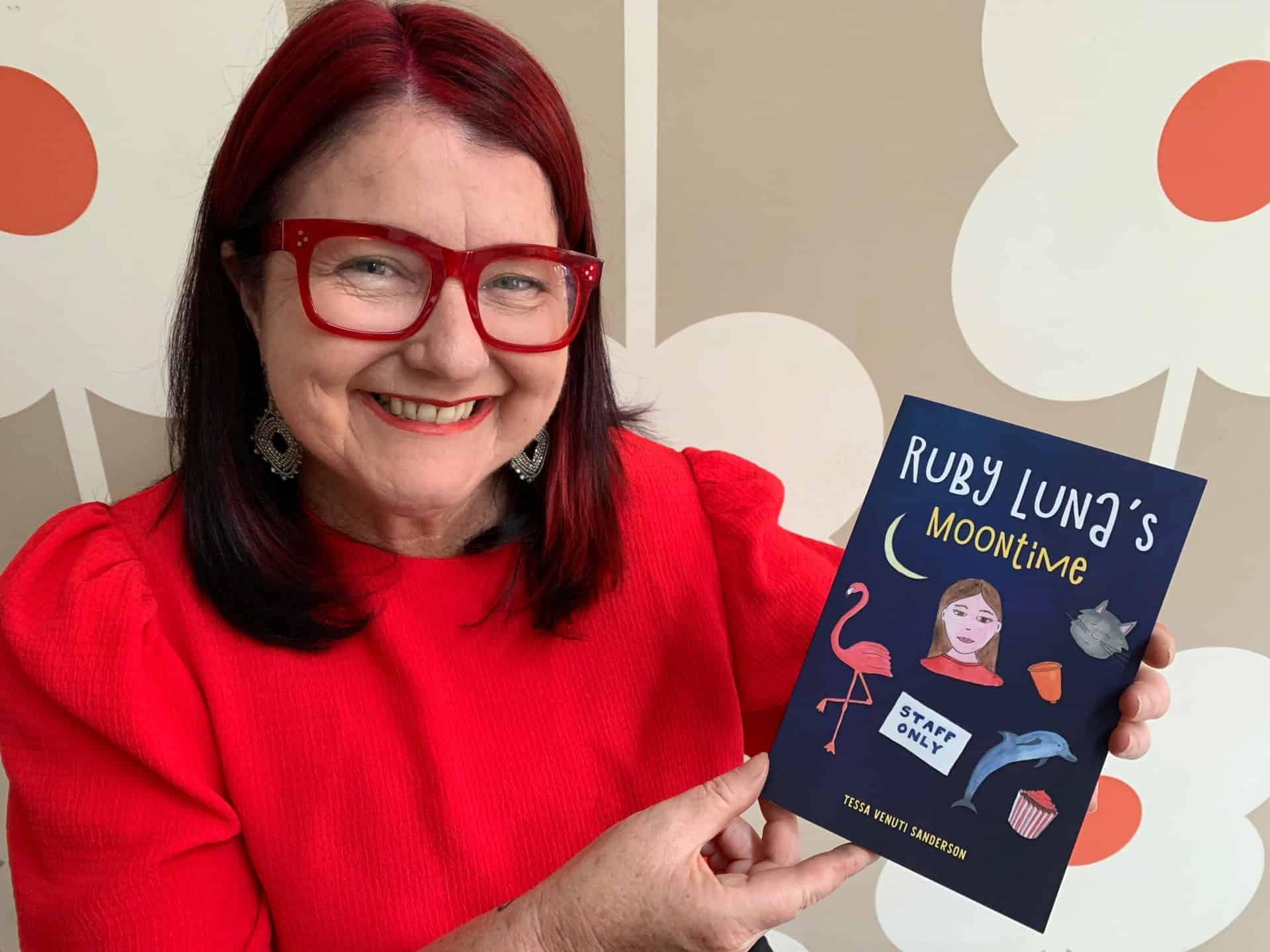How would you answer these questions if your child asked you?
“What is a Period?” and “When will I know that my first period is about to start?”
When did you first learn about periods? Did you know when they would start, how and what they were?
Knowledge about periods for everyone is important as it normalises that they happen, it opens up conversations, empowers, educates and helps everyone to be empathetic, kind and respectful. The world needs more of this for sure!
I got my first period when I was 8 years old and it was a confusing and scary experience. I wished that I had known what periods actually were, that they are normal, healthy, and important. If I had known what signs to be aware of when they were on their way, it would have certainly made puberty a lot less difficult.
So how about we all try and think of periods in a positive way, communicating this to our children and normalise everything about periods to everyone.
With the importance of this in mind here is a possible way that you can answer your pre-teen if and when they ask you, “What is a Period?” and “When will I know that my first period is about to start?”
“That’s a fantastic question. Thanks for asking. What do you know about periods? The first thing about periods is that they are normal, natural, healthy, important and will happen when your body is ready, which is different for everyone. The technical name for periods is menstruation; you can only get them if you have a uterus. They often happen about once a month, and that’s why it’s called a menstrual cycle because from one period to the next is a cycle. They can be regular, meaning they happen at about the same time every 4 weeks, and also irregular -especially for a couple of years once you first get them until your body gets into a pattern.
Periods happen so that if you can, and choose to, you can get pregnant. Period blood is actually the lining inside your uterus that is needed for a baby to live and grow, if you didn’t have a uterus or a lining in the uterus then a baby couldn’t physically be inside of you. Most of the time, the lining is not needed because the person is not pregnant, so the lining, your period, drips out of the vagina. It’s not like the blood when you cut yourself; most of it is actually not blood, it’s cells, mucous and tissue. It can be different shades of pink, red, and brown and in different amounts. Usually, there is only about 3 to 4 tablespoons of blood each period, but it can seem like a lot more and can be different amounts from person to person. More blood usually comes out at the beginning of your period than at the end. A period usually lasts for 3-7 days. You need to wear a pad, tampon, menstrual cup, or period undies to absorb the blood so it doesn’t go on your clothes or drip onto the floor. You will get about 400-450 periods in your lifetime, and they do stop when you get older usually between the ages of 45-55 and that’s called menopause.
Do you have any more questions? like how will I know that my periods are coming? What actually happens in a period? What if I’m at school when they start? I would love to answer them.”
When will I know that my first period is about to start? Here is one possible way to answer this question to a pre-teen.
“Thanks for asking. Do you have any ideas about that? I remember when I first got my period, and you could talk about your experience here because kids love personal stories. For example, with me, I had no idea that they were going to start, and when they did, I got a shock, and I really don’t want you to feel that way. It’s not like you’re going to be in the playground at school, and then suddenly blood will just start to gush out like a wee. You know how your body tells you when it’s cold you might get goosebumps well your body often gives you signs that your periods are on their way. Usually, you get your first period one to three years after you start going through puberty. You might notice these things before your first period arrives, a hard lump behind one or both of your nipples which are the beginning of breast development, hair around your genitals and maybe even some under your armpits, a really big growth spurt and discharge about six months beforehand. Discharge is this sticky white stuff that comes out of your vagina. It can look a little bit like egg white, and often as your first period gets closer you may notice more of this. You may also notice that you have mood swings and pimples, body odour and cramps. So, listen to your body and look for the signs. Remember I am here for you and I would love you to tell me when you get your first period, or any of those signs. If you’re at school, what teacher might you talk to? Let’s go shopping, get a hot chocolate together and make up a first-period pack with some period undies and pads so you feel prepared. Do you have any more questions?”
Let’s all help to destigmatise menstruation. There is still much taboo shame and myths when it comes to periods. It’s really important that we are positive and for the whole family to know about them. Even if you will never have one!
If you have any more questions about periods that your child has asked you and you would like to know how you could answer them, please feel free to contact me or connect with me on Instagram here.
